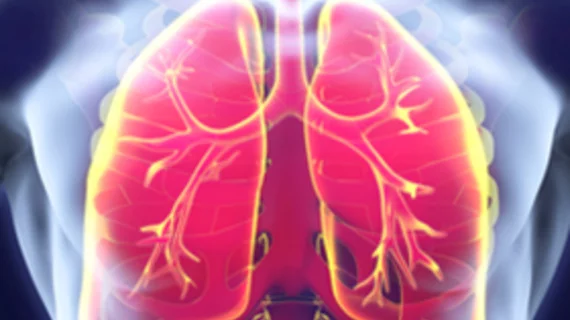Amid COVID-19 vaccine rollout, providers may slowly resume ventilation/perfusion lung scans
The Society of Nuclear Medicine & Molecular Imaging recently indicated that providers can slowly begin performing ventilation/perfusion (V/Q) lung scans again.
SNMMI said there have been significant developments in the COVID-19 pandemic, and its new guidance reflects the approval and active distribution of the three vaccines. Additional safety measures have also been incorporated to ensure V/Q scans can be performed safely, the organization said in an update to members.
“SNMMI believes that ventilation scans can be increasingly incorporated as a routine part of the workup of suspected pulmonary embolism,” the society representing some 16,000 specialists said on March 28.
Back in March 2020, SNMMI published a notification detailing the concerns and inherent risks of COVID-19 spread during ventilation exams. At that point in time, many organizations were not performing such studies.
And later that year in September, SNMMI issued an update, explaining that V/Q exams could be performed in some situations given the increased availability of COVID-19 testing.
The group offered up six things to consider before performing these tests, many of which are already included in everyday policy.
- Providers should consider COVID-19 PCR testing, as detailed under local policies or organizational guidelines.
- Technologists must wear personal protective equipment during ventilation studies.
- Personnel should evaluate air flow within the room to help determine the time needed between each exam.
- Clinicians should carefully consider the correct agent for each exam.
- Encourage local infection control groups to help guide and evaluate facilities and protocols.
- Completing perfusion imaging before ventilation, or vice versa should be determined based on the clinical situation and with the referring physician.
“SNMMI will continue to monitor the COVID-19 pandemic and provide updated information whenever possible,” the organization said in its statement.

